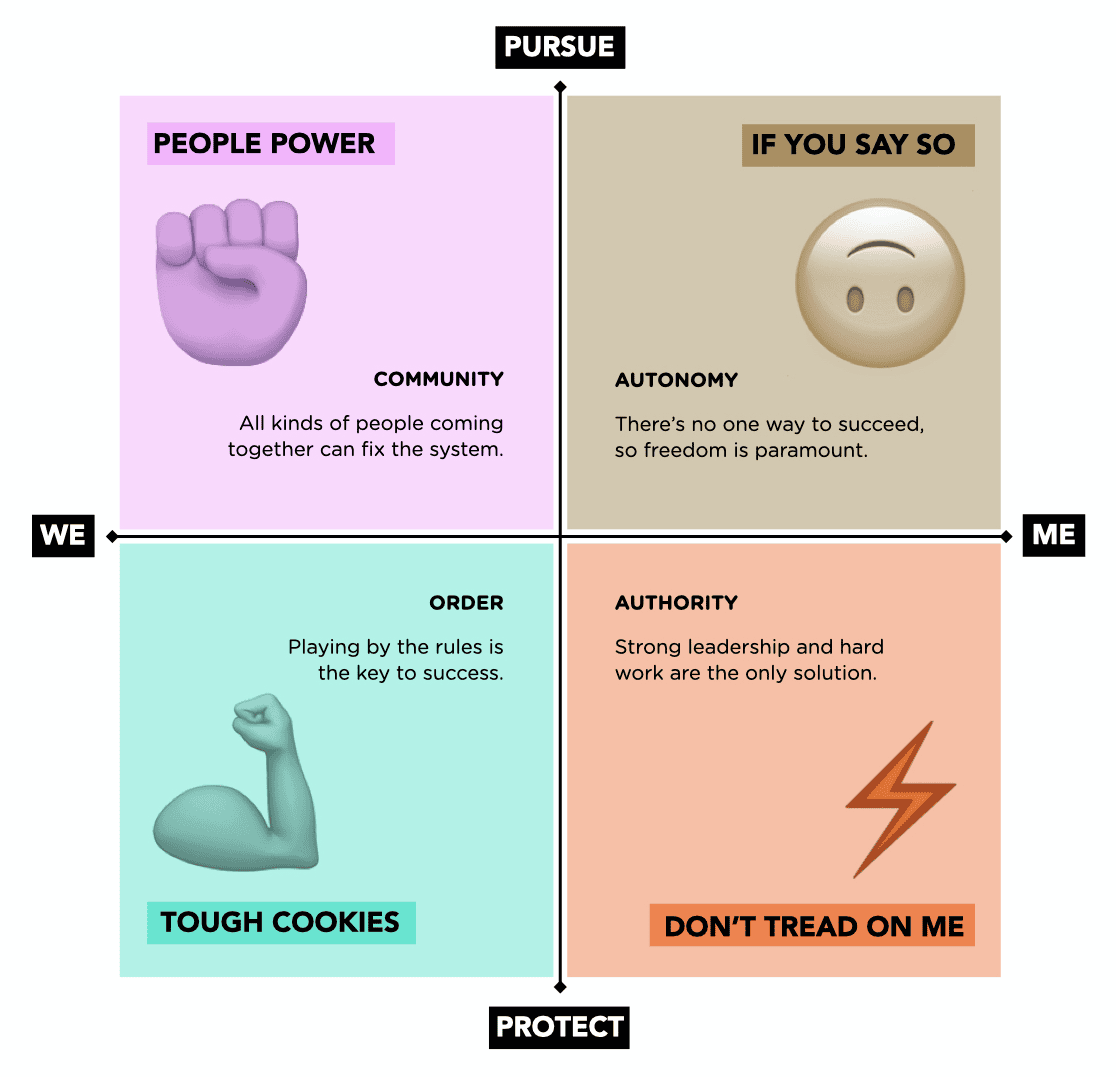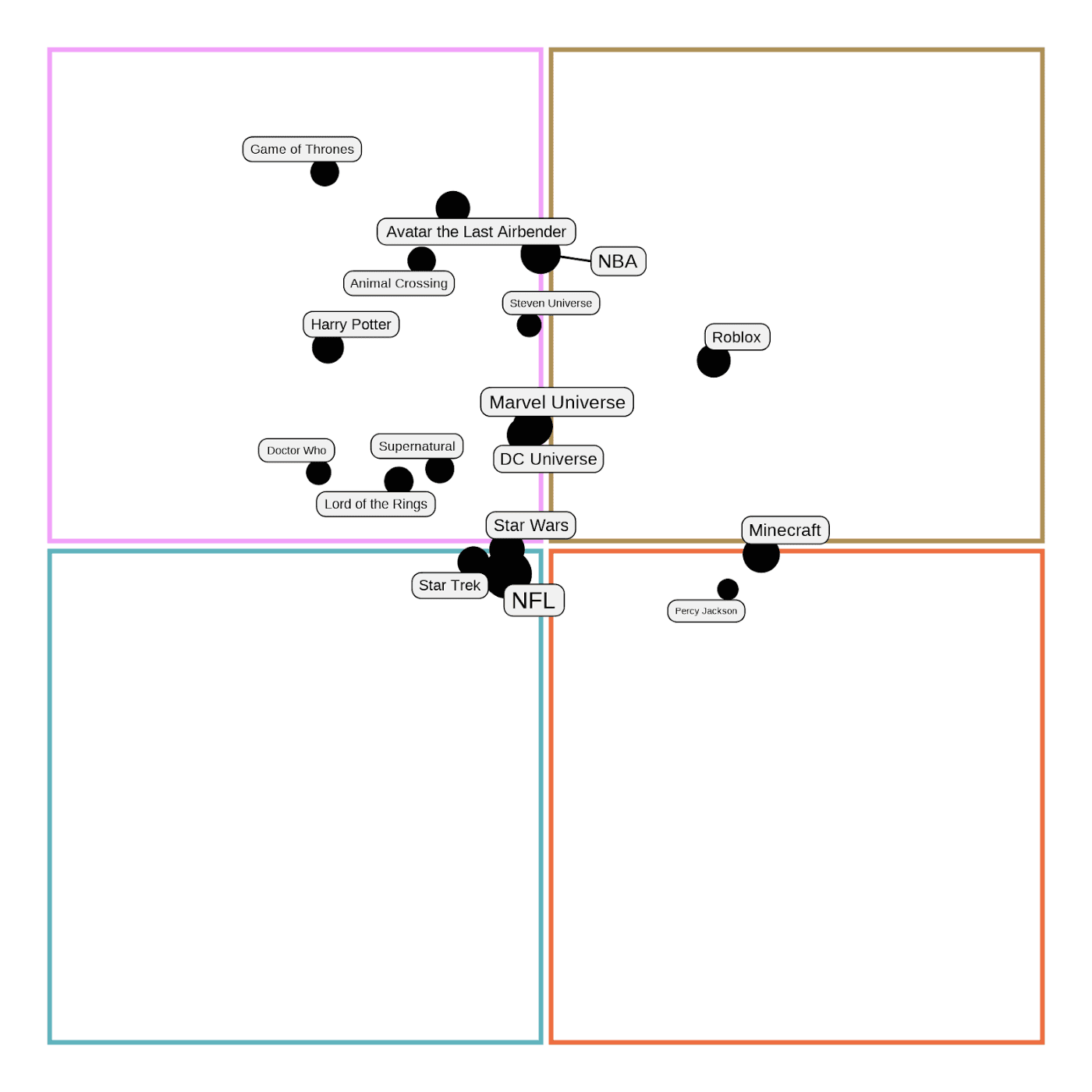Audiences for Climate Communications


2021-04-13
We all know fans are powerful: fandoms spark conversations, generate new creative projects, and create culture. In the process, they help shape the narratives that frame our world. The Harry Potter fandom has held a special place in the fandom cultural landscape: a story that almost everyone knows, born at a moment when the internet began bringing people together like never before.
The enthusiasm of Harry Potter fandom is what originally inspired us to turn fans into heroes by connecting fandom to real world issues of inequity. If you’re new here, the HPA is a 501c3 nonprofit founded in 2005. Over 15 years of organizing, Harry Potter fans have successfully convinced Warner Brothers to make all Harry Potter chocolate Fair Trade, collected over 400,000 books for schools and libraries in need, helped stop new ICE initiatives in Oregon and Illinois, and reached over 100,000 young voters in Arizona and Michigan during the 2020 election. And that’s just the highlights!
Harry Potter fandom’s activist bent has been well-researched for years, but we know there are passionate fans who care about social change in all kinds of fandoms. We asked our friends at Harmony Labs if they could work some data wizardry to learn more about some of the biggest aligned fandoms right now.
Harmony Labs uses a combination of data from 55k+ Americans (via opt-in internet panels: no creepy snooping going on here) and review by researchers to discover and track narrative trends — in other words, what kinds of things people are interacting with and how they’re interacting with them. They can also group people into audiences based on their values using survey and cultural interactions on platforms like Tumblr, Reddit, YouTube, and even AO3! We should note that we were not able to include Twitter in this quick exploratory analysis, and we know this is a big place for fandom. Ah, technology, never quite as quick and easy as magic.
 4 distinct U.S. audiences by values, organized in a map that tells us which values are closer together and farther apart. The basic values are mappable because they are based on two fundamental physiological dimensions: “we to me” and “pursue to protect.” For more information about these audiences visit obiaudiences.org/profile
4 distinct U.S. audiences by values, organized in a map that tells us which values are closer together and farther apart. The basic values are mappable because they are based on two fundamental physiological dimensions: “we to me” and “pursue to protect.” For more information about these audiences visit obiaudiences.org/profile
So for this analysis, Harmony Labs started with four values-based audiences. Each of these audiences has a shared set of values that inform the way they see the world. These values aren’t necessarily good or bad, but they can help us make some broad guesses about fandom communities where fan activism would be well received. For example, community as a key value of the People Power audience means a likely interest in community-based social change work.
Harmony Labs then identified people who look to be in particular fandoms by using frequent search terms (like “hufflepuff,” for example), and mapped them against the four values-based audiences.
 Top fandoms by audience. Size shows total size of fandom, within the opt-in panel. Fandoms further from the center over-index on those particular audience segments.
Top fandoms by audience. Size shows total size of fandom, within the opt-in panel. Fandoms further from the center over-index on those particular audience segments.
Harry Potter fandom sits pretty squarely in the People Power audience, with its community-oriented values and pursuit of pluralism, benevolence, and tolerance (we’re blushing). But we wanted to learn more about fandoms not exactly like Harry Potter fandom, but with some overlap in values.
So Harmony Labs reviewed nearly two dozen different fandoms, enabling us to get a better understanding of how different fandoms overlap with the values that make Harry Potter fans primed for activism.
Some fandoms, like Doctor Who, are already very overlapped with the characteristics of Harry Potter. That means it would be pretty easy to find like minded fan activists in these communities, but we may not have as much of an impact in recruiting new activists.
Other fandoms, like Avatar: The Last Airbender, are close in overall values, but not as fully overlapped. To us, this means the Avatar community has huge potential for fan activist work in the near future (and the announcement of Avatar Studios won’t hurt).
Of course, immediate overlap isn’t the only signal that a fandom is ready for fan activism; take Percy Jackson, which mapped relatively far from Harry Potter. We know from time in fan communities that there’s a core Percy Jackson fandom group that cares deeply about universalism. Knowing that there’s a Disney+ show in the works, with a little investment, it may just be ripe to lead the next big fan activism win.
At the end of the day, fan activism only succeeds when fans themselves are invested in the work. Using this analysis as a guide, the HPA will continue to reach out to fandom community leaders to learn more about what drives their communities and what they’re interested in pursuing. With 15 years of experience and a host of resources at our fingertips, we’re excited to form new bonds and partnerships with friends of all fandoms.
If you have ideas or feedback — insights into specific fan communities, additional fandoms we may have missed, or general thoughts about turning fans into heroes — get in touch or leave a comment.



